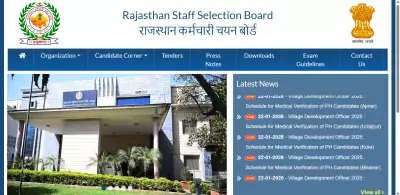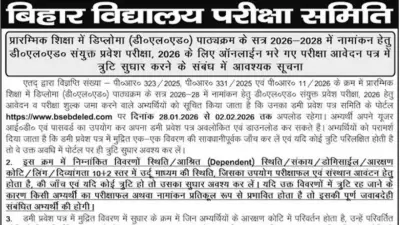
The Tamil Nadu government's recent move to amend the Private Universities Act has ignited a firestorm of controversy across the state's academic landscape. What was intended as a reform measure has instead become the centerpiece of a major educational debate.
What Exactly Does the Amendment Propose?
The controversial legislation seeks to establish private universities in Tamil Nadu with unprecedented autonomy. Under the new framework, these institutions would operate independently, free from the oversight of Anna University's common curriculum and regulatory mechanisms that govern other engineering and technical colleges in the state.
Why is Everyone Up in Arms?
The backlash has been both swift and widespread, coming from multiple quarters:
- Student Organizations: Fear that private universities will lead to commercialized education with skyrocketing fees, making quality education inaccessible to economically disadvantaged students
- Academic Community: Concerns about maintaining educational standards without Anna University's quality control mechanisms
- Political Parties: Opposition groups argue this could create a two-tier education system favoring the affluent
- Education Experts: Worry about potential dilution of Tamil Nadu's historically robust public education framework
The Core Controversy Explained
At the heart of the opposition lies a fundamental question: Should private universities enjoy complete autonomy from the state's established educational ecosystem? Critics argue that removing these institutions from Anna University's umbrella could:
- Compromise uniform educational standards across the state
- Create inequality in educational opportunities
- Potentially lead to profit-driven education models
- Undermine Tamil Nadu's legacy of providing accessible quality education
Government's Stance vs Public Perception
While the government maintains that the amendment will increase educational investment and provide more options for students, opponents see it as a dangerous departure from Tamil Nadu's egalitarian educational principles. The timing of the legislation, coming just before the Lok Sabha elections, has only intensified the political dimensions of this educational reform.
The big question remains: Can Tamil Nadu balance educational innovation with its commitment to accessible, equitable higher education? As the debate rages on, the future of thousands of students hangs in the balance.





